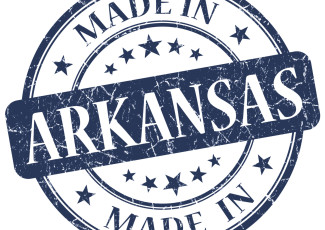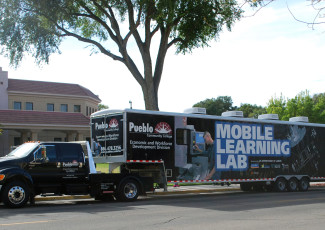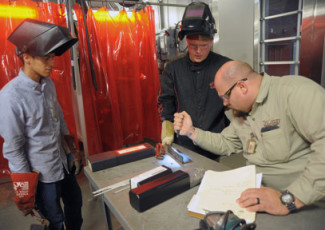Community Breakfasts Help Meet Workforce Needs
By Dennis Pierce
August 21, 2015
One college gets the word out about their programs and keeps industry at the table.
Talking with business leaders and other industry professionals helps community colleges better understand local workforce needs, and the Community College of Vermont (CCV) has hit upon a successful strategy for keeping the conversation going: Each of its 12 academic centers holds an annual Community Partner Breakfast that includes industry representatives.
During these breakfasts, CCV President Joyce Judy and Business and Community Outreach Manager Michael Keogh lead discussions with local business leaders and human resources managers about the training and credentialing programs the college offers.
The breakfasts — which typically draw 30 to 50 industry professionals — help CCV get the word out to local employers about its various programs. The breakfasts also enable the college to learn about new programs and certifications its industry partners would like to see to ensure their employees are getting the skills they need, Keogh says.
The idea for the breakfasts came three years ago, when Keogh was looking for a way to jump-start the college’s workforce efforts.
“When we’re developing programs, we always have industry at the table,” he says. “We don’t just create programs in a silo; we bring in our statewide partners — our largest employers, our directors of labor, and so on — and we think about what those needs are and we frame out programs.”
Informing state and regional workforce needs
But because it’s the only community college in the state of Vermont, CCV faces a unique challenge, Keogh says. Although there are common workforce-development needs across the state, there are also various regional needs — and the community breakfasts help CCV understand these local needs.
The events “allow us to take our statewide (programs) and bring them to communities and say, ‘How does this fit into your community?’” Keogh says. “It’s an opportunity … for us to get feedback on these statewide initiatives and to help us develop a more regionally appropriate implementation plan.”
As an example of how the breakfasts have benefited CCV as well as local employers, Keogh cited feedback from one recent event.
“We’ve been heavily promoting the launch of our Certified Production Technician program,” he says. “This is an industry-recognized credential for entry-level manufacturing positions. Our manufacturers love it, and they’re excited to become part of that pipeline and offer internships to these folks.”
But at a recent breakfast, one manufacturer expressed a desire for similar training to address upper-level leadership skills as well. “This allowed us to understand how we could make the program even better and specifically target the needs of one of our larger manufacturers in the area,” Keogh says.
CCV officials will invite this manufacturer back for “a more thoughtful discussion about how best to meet this need,” he says. While the breakfasts are the catalyst for change, it’s during these follow-up conversations that the more substantive discussions take place.
Still, if not for that particular event, “we might not have had that opportunity for feedback,” he says.
“Our partners are the only reason our programs are successful,” Keogh explains. “If our partners don’t believe in the quality of our programs, then the potential employees who need to develop their career skills aren’t going to see value in them either. They’re only going to see value in programs that our community partners support and buy into, because our role is to create a career pathway. And if there’s no career at the end, then it has no value.”









